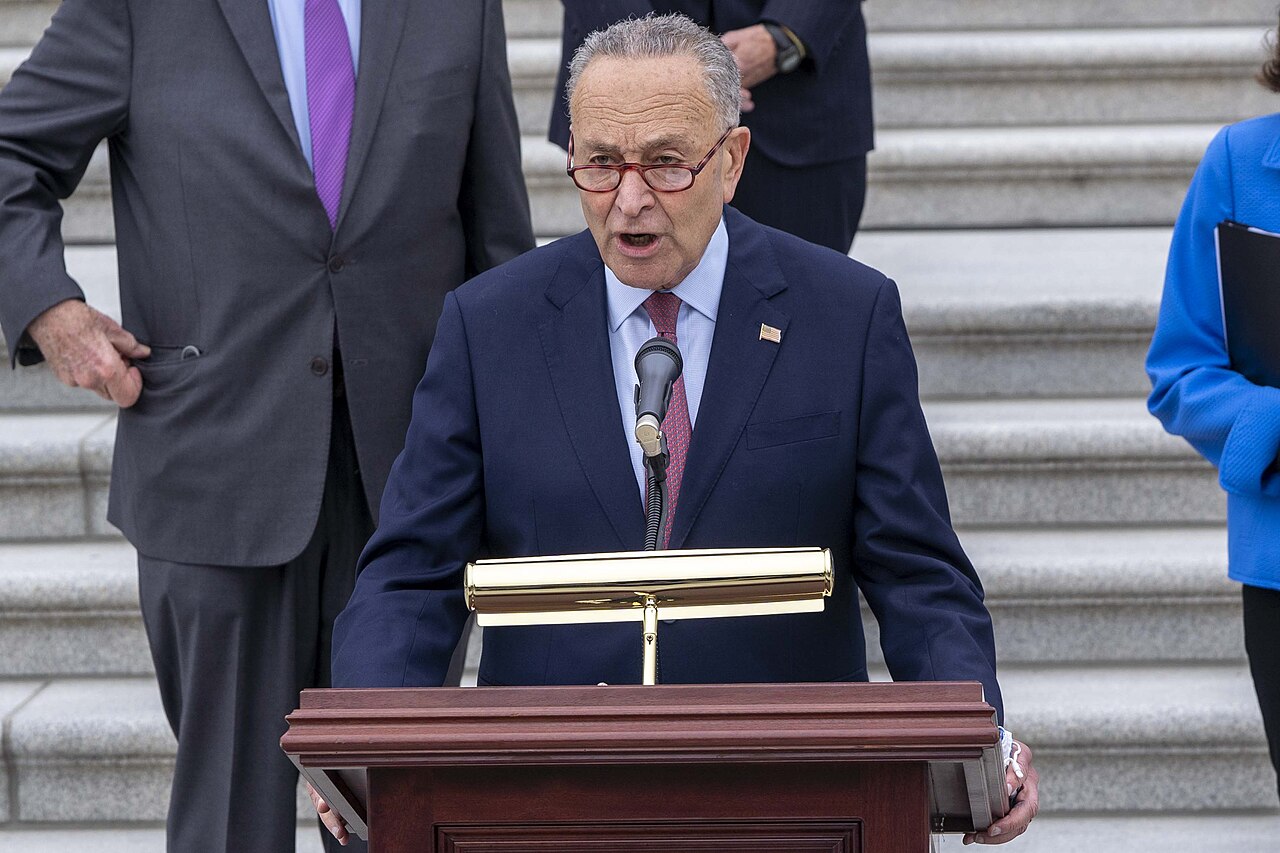The concept of vertical morality offers a lens through which to understand the paradox of Christian support for certain political movements, particularly in the context of the MAGA ideology. This framework suggests that ethical behavior is dictated by an external authority—often viewed as God—leading many to reconcile seemingly contradictory beliefs.
For many Americans, the tension between Christian teachings, which emphasize love and compassion, and the policies supported by MAGA advocates raises profound questions. How can individuals profess faith in Jesus, who preached mercy and care for the marginalized, while endorsing legislation that appears punitive towards immigrants and hostile towards LGBTQ communities? This article delves into the definition and implications of vertical morality, shedding light on its influence in contemporary political dynamics.
The Nature of Vertical Morality
Vertical morality posits that moral codes and ethical behavior stem from a higher authority. As described by advocates, this authority can be divine, such as God in a religious context, or authoritarian in a political landscape. Ajoy Klinger Cain, a former fundamentalist and educator, emphasizes that vertical morality is rooted in the belief that one’s actions must please God, often regardless of the impact on others. “Vertical morality teaches that authority, power, and a moral code come from ‘above’,” she explains.
This contrasts sharply with horizontal morality, which prioritizes the well-being of individuals and communities. Klinger Cain notes that those adhering to horizontal ethics act to minimize harm based on empathy and human connection, rather than simply following divine commandments. This distinction is crucial in understanding the ethical dilemmas faced by many Christians today.
Advocates such as Malynda Hale, executive director of The New Evangelicals, argue that while both vertical and horizontal moralities have their place in Christianity, the current trend leans heavily towards vertical morality. “Many people today get hung up on the vertical as a priority and forget about the horizontal,” Hale observes.
The Political Ramifications
The implications of vertical morality extend into the political realm, particularly among conservative Christian nationalists who interpret their alignment with political leaders as a sign of divine favor. Ajoy highlights that this mindset fosters a dangerous dichotomy: adherents view those on their political team as virtuous, while opposing views are seen as evil. “What’s interesting is that Jesus taught a compassionate, flexible, grace-filled view of what it means to live a life loving God,” she remarks.
This interpretation can lead to the weaponization of religious beliefs to justify actions that contradict the foundational teachings of Jesus. For instance, during the Trump administration, vertical morality often manifested in policies that aligned with authoritarianism rather than compassion. Ajoy notes, “MAGA Christians promote policies that often go against the teachings of Jesus,” citing a tendency to demonize entire groups without evidence.
Klinger Cain reflects on the biblical story of Abraham, who was commended for his willingness to obey God’s command to sacrifice his son Isaac. “Under vertical morality, obeying God is seen as the highest virtue, even when it defies compassion,” she explains. This notion can create a culture where unquestioning obedience is valued over empathy and moral reasoning.
The current political climate reveals how these moral frameworks collide with societal issues. Conservative Christian beliefs have often led to harsh policies toward undocumented immigrants, framing every broken rule as deserving of severe punishment. Klinger Cain emphasizes that this perspective contributes to a desensitized response to human suffering, making policies like inhumane immigrant detention seem justified.
As this discussion unfolds, it is essential to recognize that vertical morality can offer spiritual depth but risks sidelining the core tenets of compassion and social responsibility inherent in the teachings of Jesus. Advocates argue for a balanced approach where vertical morality coexists with horizontal ethics, promoting personal faith alongside collective accountability.
In conclusion, the exploration of vertical morality and its implications in the context of contemporary politics provides critical insights into the ethical landscape faced by many Christians today. Understanding these moral frameworks is vital in navigating the complexities of faith and politics, particularly as they continue to shape public discourse and policy.







